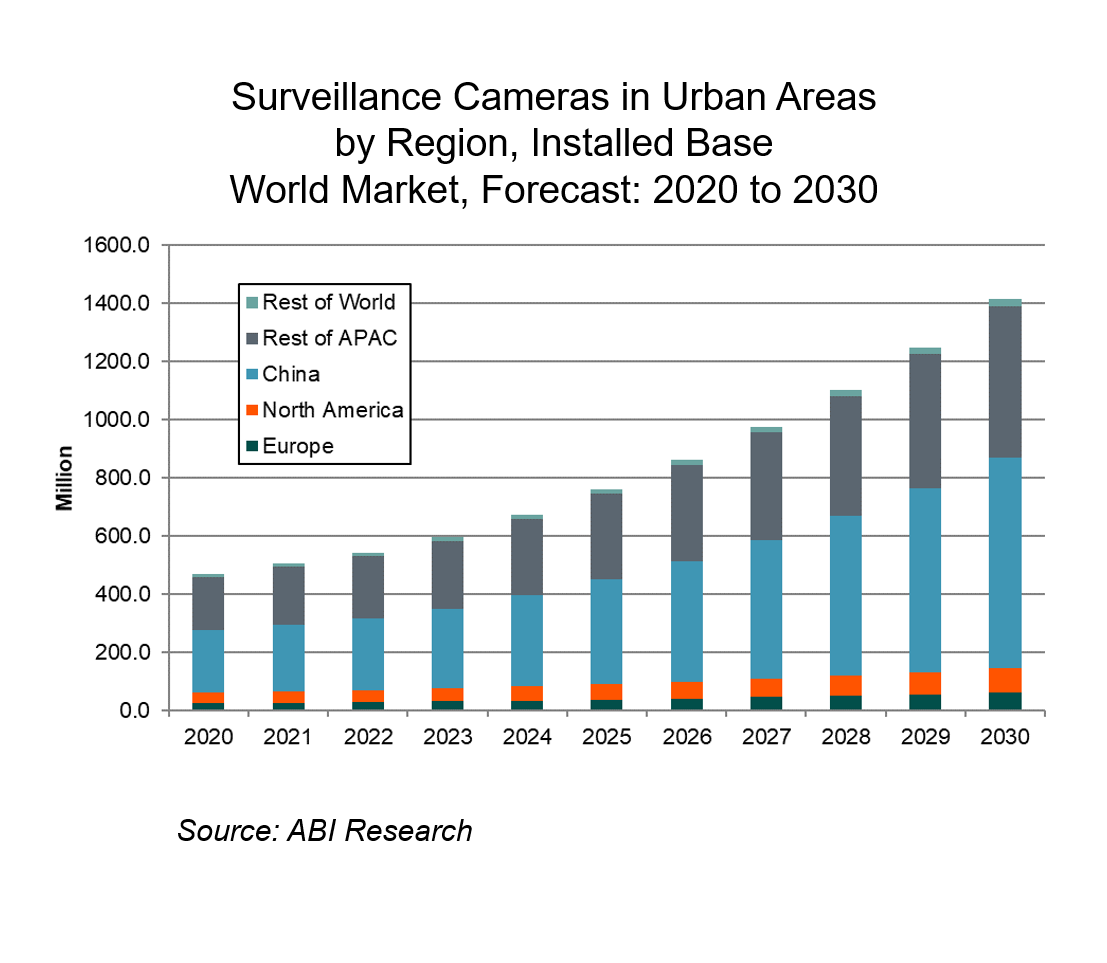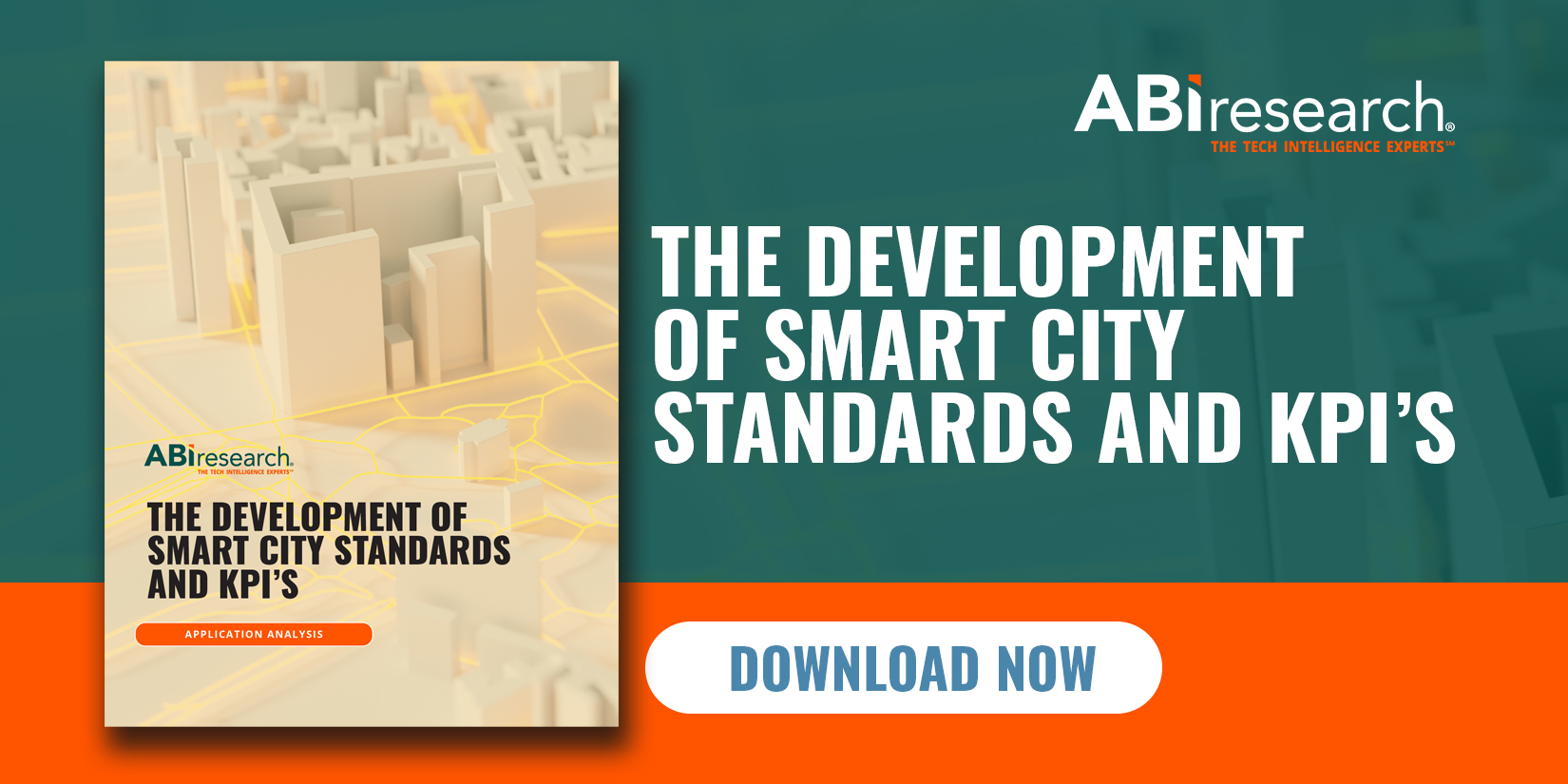The smart city landscape is quite fragmented and presents some challenges, so standardization is incredibly vital to successful solutions implementation. Part of that much-needed standardization are Key Performance Indicators (KPIs), which set the benchmark to strive for. By knowing what results smart city deployments should be sustaining, city planners can identify their strengths and weaknesses, and make the most informed smart city management decisions.
Who Develops KPIs for Smart City Management?
National and international Standards Development Organizations (SDOs) like the International Telecommunication Union (ITU-T), the International Organization for Standardization (ISO), and the Organization for Economic Co-operation and Development (OECD) are involved players in developing KPIs for smart cities. Others that are supporting KPI development include city officials, academics, and industry.
Smart city KPIs rely on cooperation among multiple members of the smart city ecosystem, most notably information and data sharing. When urban developers or governments are transparent about how they manage their smart city solutions, other smart city adopters can carry out a comparative analysis that helps them gauge progress and manage smart city deployments, such as urban surveillance cameras.

As the chart above depicts, about 1.4 billion city surveillance cameras will ship in 2030.
U4SCC
The United for Smart Sustainable Cities (U4SCC) consists of members of the United Nations (UN), ITU-T SG20, the United Nations Commission for Europe (UNECE), and UN-Habitat. Based on the ITU-T recommendation Y.4900-4903, U4SSC includes 54 main indicators and 37 advanced indicators, and they fall under the categories of economy, environment, and society & culture. The U4SSC generates action plans, technical specifications, case studies, guidelines, and provides guidance on the best policymaking solutions for a smart city.
ISO and the World Council on City Data
Under the umbrella of ICO/TC 268, ISO has developed a set of indicators for smart city management in its 37120 series. ISO’s KPI standards enable cities to create smart space solutions in an eco-friendly way. While ISO 37120 sets indicators for sustainable cities, ISO 37122 and ISO 37123 are indicators for smart cities and resilient cities.
The World Council on City Data (WCCD) has taken on a major role when it comes to implementing the 276 different indicators that make up its data platform by creating the WCCD ISO certification. With WCCD ISO certification, a city is committed to making data-driven decisions for urban planning, smart city management, and investment.
One thing that’s really great about WCCD is that all the data it collects are regularly updated and uniform across all countries. This enables city planners to have confidence in drawing conclusions from one city’s case study and apply those insights to their own city.
What Role Does Holistic KPIs Play in Smart City Management?
Designed to address common issues that accompany traditional KPIs, Holistic KPIs (H-KPIs) were developed by The National Institute of Standards and Technology (NIST). H-KPIs blend technologies, infrastructure services, and community benefits together to take a more in-depth management approach that makes KPI tracking personalized for an individual city. For example, H-KPIs factor in differing requirements of a particular neighborhood or district so that urban planners can manage sections of a smart city in the most optimal way possible.
As stated by NIST, the five core metrics of this method are:
- Alignment of KPIs with community priorities across districts and neighborhoods
- Investment alignment with community priorities
- Investment efficiency
- Information flow density
- Quality of infrastructure services and community benefits
Using Maturity Models for Find Smart City Management
KPIs on their own are useless for smart city management; the full context must be accounted for if KPIs are to be turned into rich insights. As a rule of thumb, smart city KPIs need a uniform definition of a smart city, an understanding of how indicators are related to one another, an improvement roadmap, and widespread adoption.
Maturity models like TM Forum’s Smart City Maturity and Benchmark model and ISO-37107 are very effective for cities just entering the smart city space. TM Forum’s maturity model is designed with 100 different assessment questions from the following four areas:
- Leadership & governance
- Stakeholder engagement and citizen focus
- Usage of data
- Integrated Information and Communications Technology (ICT)
Once questions are answered, the answers are benchmarked against best practices to help cities plan for a successful smart city implementation.
ISO-37153, a maturity model for smart sustainable communities, is used by individual cities and communities to self-assess their community infrastructure. The model is used to assess quality of infrastructure, quality of management, degree of interoperability, and contribution to community requirements. Maturity models like those from TM Forum and ISO enable new smart city adopters to have clear guidance on a complex endeavor.
The Necessity of Data Sharing for Smart City Management
Both government and non-government bodies have worked hard in recent years to bring about standardization in the emerging smart city industry. KPIs are playing a monumental role in smart city management, as measurable goals allow city planners to see what kind of results should be achieved with their solutions, and which areas need to be enhanced. The important thing is that cities are forthcoming with their efforts so that case studies can be developed, allowing other cities to learn valuable lessons.
To learn more about the role of standardization in smart city management, download ABI Research’s The Development of Smart City Standards and KPIs research analysis report. This report is part of the company’s Smart Cities & Smart Spaces Research Service.

